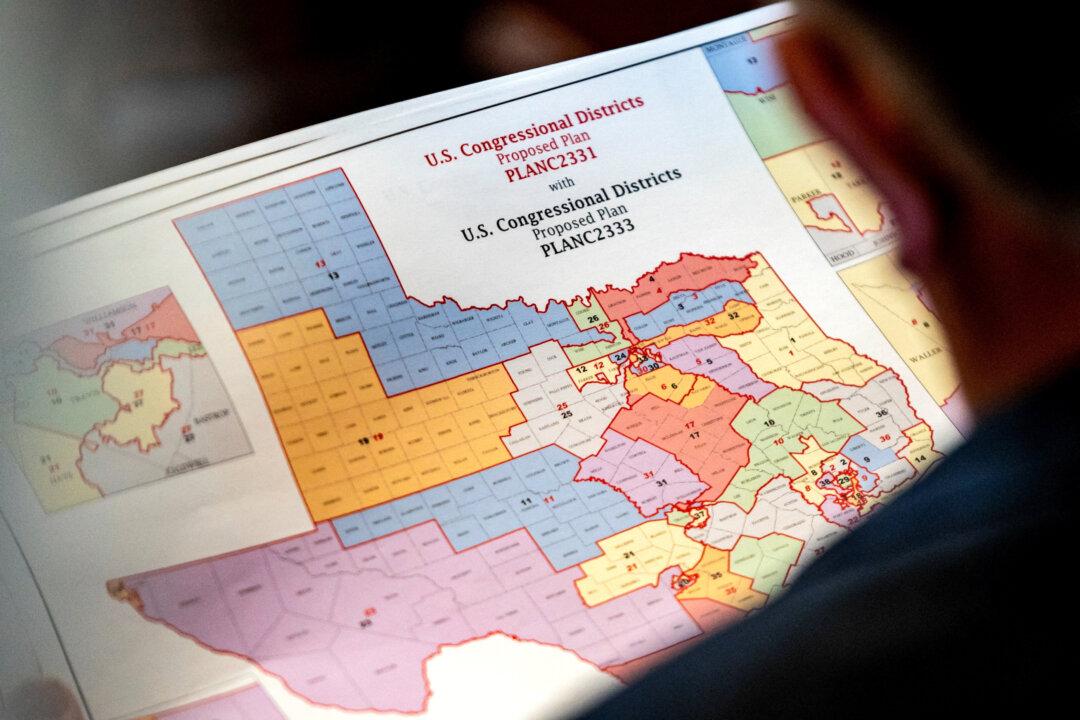An Arizona Appellate Court upheld a lower court’s decision to reject a lawsuit from the Arizona Republican Party (AZGOP) filed against election officials for alleging Arizona’s mail-in voting law violated the Arizona Constitution’s secrecy clause.
The secrecy clause states “All elections by the people shall be by ballot, or by such other method as may be prescribed by law; Provided that secrecy in voting shall be preserved,” according to the court memo announcing the decision.





